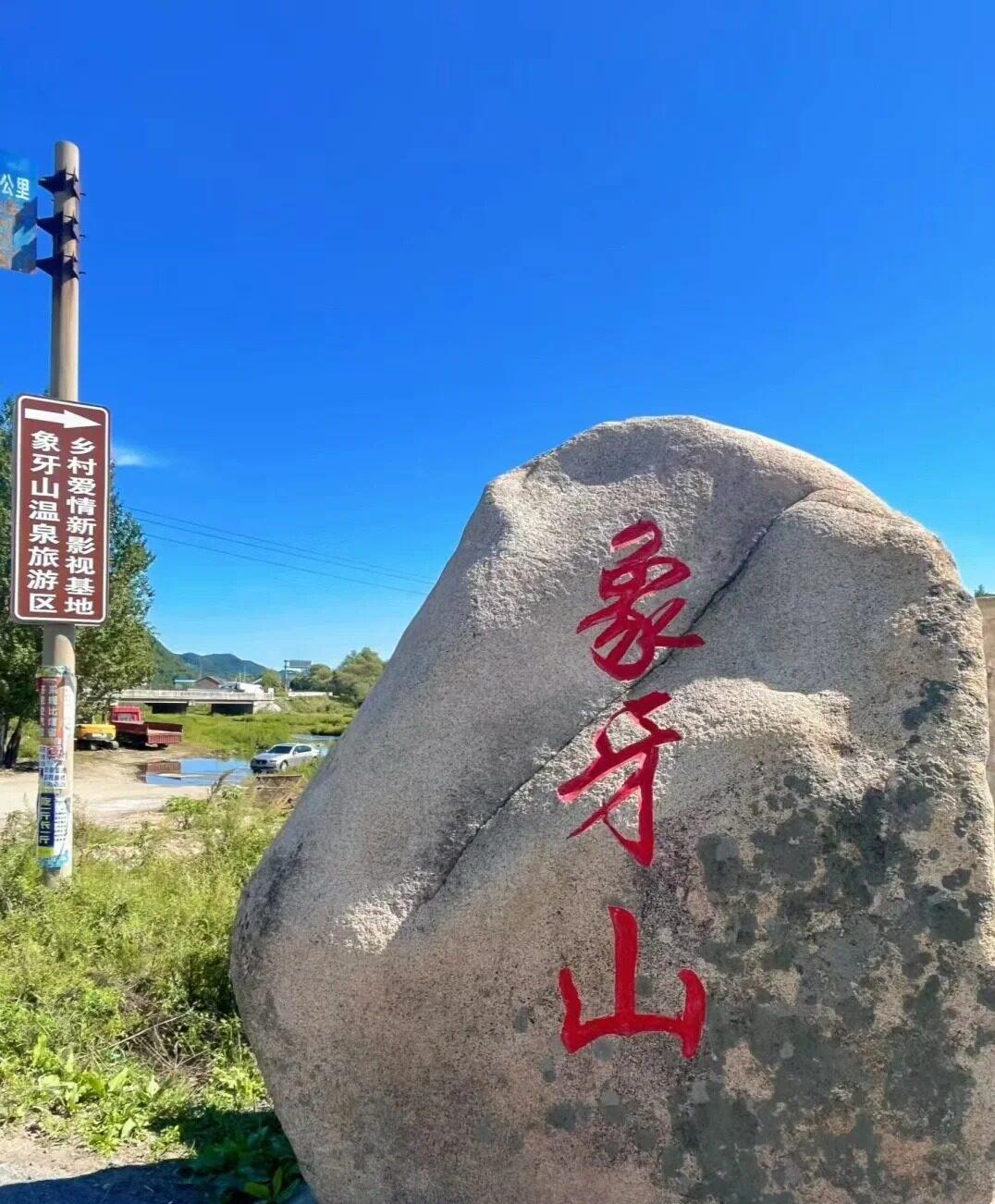Introduction to Ivory Hills
Nestled in the rugged landscape of China’s Yunnan Province, the Ivory Hills stand as a testament to nature’s artistry. These unique geological formations, located approximately 200 kilometers northwest of Kunming, the provincial capital, offer visitors a glimpse into a world seemingly carved from ivory.
The Ivory Hills, known locally as “Xiàng Yá Shān” (象牙山), derive their name from their distinctive appearance – smooth, white limestone formations that resemble massive tusks jutting from the earth. This otherworldly landscape has become a magnet for nature enthusiasts, photographers, and cultural explorers alike.
In recent years, the Ivory Hills have gained prominence in China’s ecotourism sector, offering a perfect blend of natural wonder and cultural significance that captures the essence of Yunnan’s diverse heritage.

Natural Beauty and Geological Formation
The Ivory Hills are a marvel of karst topography, formed over millions of years through the erosion of limestone by water and wind. Their smooth, rounded surfaces and brilliant white color create an ethereal landscape that seems to glow under the sunlight.
Geologically, the hills are composed primarily of:
- Limestone
- Dolomite
- Gypsum
These minerals contribute to the hills’ unique coloration and texture, creating an environment that supports a diverse ecosystem of flora and fauna. The area is home to several rare plant species, including orchids and medicinal herbs unique to the region.
Historical and Cultural Significance
Local folklore tells of a celestial elephant that descended from the heavens, turning to stone upon touching the earth. This legend has imbued the Ivory Hills with a mystical quality in local culture.
Throughout history, the hills have served as a source of inspiration for Chinese artists and poets. Ancient paintings depict the hills as a serene retreat, often featuring them as a backdrop for scenes of contemplation and natural harmony.
In more practical terms, the hills have historically been a valuable source of high-quality limestone, used in traditional Chinese architecture and sculpture.
Exploring Ivory Hills
The Ivory Hills offer a network of well-maintained hiking trails suitable for various skill levels. Key routes include:
- Elephant’s Eye Trail: A moderate 3-hour hike offering panoramic views
- Tusk Ridge Path: An challenging 5-hour trek along the hills’ spine
- Valley of Echoes Walk: An easy 1-hour stroll perfect for families
| Trail Name | Difficulty | Duration | Key Features |
|---|---|---|---|
| Elephant’s Eye | Moderate | 3 hours | Panoramic views |
| Tusk Ridge | Challenging | 5 hours | Ridge walk, diverse flora |
| Valley of Echoes | Easy | 1 hour | Family-friendly, unique acoustics |
The best time to visit is during spring (April-May) or autumn (September-October) when temperatures are mild and the vegetation is at its most vibrant.
Photography and Sightseeing Opportunities
For photographers, the Ivory Hills offer a wealth of opportunities:
- Dawn at Elephant’s Eye: Capture the hills bathed in soft morning light
- Sunset from Tusk Ridge: Witness the landscape transform into a sea of gold
- Misty mornings in the Valley of Echoes: Create ethereal, dreamlike images
Unique features to look out for include the “Weeping Stone,” a formation where water seems to trickle from solid rock, and the “Elephant’s Footprint,” a massive circular depression in the limestone.

Local Community and Sustainable Tourism
The nearby village of Xiangya serves as a gateway to the Ivory Hills. Here, visitors can experience local Yunnan cuisine and traditional crafts, including intricate ivory-colored limestone carvings (made from sustainable, non-animal sources).
Local authorities have implemented strict conservation measures to protect the hills’ delicate ecosystem. Visitors are encouraged to participate in eco-friendly activities and support community-based tourism initiatives.
Practical Information for Visitors
To reach the Ivory Hills:
- Fly to Kunming Changshui International Airport
- Take a 3-hour bus ride to Xiangya village
Accommodation options range from basic guesthouses in Xiangya to eco-lodges nestled in the hills themselves.
Essential items for visitors include:
- Sturdy hiking boots
- Sun protection (hat, sunscreen)
- Plenty of water
- A good camera
While guides are not mandatory, hiring a local expert can greatly enhance your experience and support the local economy.
The Ivory Hills of Yunnan offer a unique blend of natural wonder and cultural richness. As you traverse these ancient formations, you’ll find yourself transported to a landscape that seems almost otherworldly in its beauty. Whether you’re seeking adventure, artistic inspiration, or simply a moment of peace in nature’s embrace, the Ivory Hills promise an unforgettable journey into one of China’s most captivating hidden treasures.






